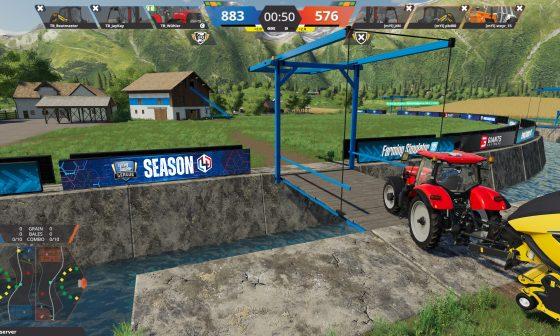Video game emulation has long been a subject of fascination and controversy within the gaming community. It allows gamers to play titles from legacy consoles on modern hardware, preserving classics that might otherwise be lost to time. But how does game emulation actually work, and why does it exist in such a complex legal landscape? Let’s break down the technology and the challenges surrounding it.
What Is Game Emulation?
At its core, game emulation is the process of using software (an emulator) to replicate the functions of a gaming console on a different platform, such as a PC or smartphone. The emulator mimics the original console’s hardware architecture, tricking the game software into thinking it’s running on the actual device. This allows players to experience retro games without needing the original console.
For example, popular emulators like Dolphin can run Nintendo GameCube and Wii games, while PCSX2 emulates PlayStation 2 titles. These programs are often designed by hobbyists and passionate developers who aim to keep classic games alive for future generations. For more technical insight into how emulation software works, check out HowStuffWorks.
How Emulators Work: A Technical Overview
Emulators consist of several components that replicate the hardware of a gaming console:
- CPU Emulation: The emulator translates the console’s processor instructions into a language that the host system can understand. This process, called “dynamic recompilation,” ensures that games can run efficiently, though it often requires significant computing power.
- GPU Emulation: The emulator also needs to replicate the console’s graphics processing unit (GPU) to render visuals correctly. This aspect can be especially challenging, as older consoles used unique graphics architectures.
- Memory and Input Handling: Emulators must manage the console’s memory system and simulate input devices, such as controllers, to ensure the game responds correctly to user actions.
Developing an emulator is an incredibly complex task that requires a deep understanding of both the original hardware and modern computing systems.
The Benefits of Game Emulation
One of the biggest arguments in favor of game emulation is preservation. Many classic games are no longer in production, and the hardware needed to play them is becoming increasingly rare. Emulation ensures that these games remain accessible to new generations of players. Websites like Archive.org even host digital libraries to help preserve digital media, including video games.
Another benefit is convenience. Instead of having to hook up outdated consoles, gamers can enjoy their favorite classics on modern devices with enhanced features, like higher resolutions and save states.
The Legal Challenge: Copyright and Intellectual Property
Despite its benefits, game emulation exists in a gray area of the law. The primary issue revolves around copyright infringement. Video game companies hold copyrights over their games and hardware designs, which makes distributing or downloading game ROMs (digital copies of games) without permission illegal in many jurisdictions.
Emulators vs. ROMs: The Distinction
It’s important to note that while emulators themselves are typically legal, downloading or distributing ROMs is where the legal trouble begins. Emulation software, as long as it doesn’t use proprietary code from the original console, generally falls under fair use or reverse engineering protections. However, game ROMs are a different story. Most ROMs found on the internet are illegal copies, and downloading them without owning the original game can lead to legal repercussions.
A high-profile case that exemplifies this is Nintendo’s aggressive stance against ROM distribution. In recent years, Nintendo has sued websites hosting ROMs of their games, leading to massive fines and shutdowns.
The “Fair Use” Argument
Some emulation advocates argue that using ROMs falls under fair use, especially for backup purposes. If you own a physical copy of a game, backing it up as a ROM for personal use may be considered fair use, but this varies by country and has not been extensively tested in court.
The Ethical Debate: Preservation vs. Piracy
While the legal issues surrounding game emulation are clear, the ethical considerations are more nuanced. Many gamers feel a sense of responsibility to preserve video game history, especially for titles that are no longer commercially available. On the flip side, game developers argue that emulation hurts their ability to profit from their creations.
Companies like Sega and Atari have tried to bridge this gap by releasing retro collections, allowing gamers to legally enjoy classic titles. Still, these collections often don’t cover the full range of beloved games, leaving emulation as the only option for some enthusiasts.
Are There Legal Alternatives?
Thankfully, legal emulation is becoming more common. Platforms like Nintendo Switch Online offer access to classic NES and SNES games through a subscription service. Similarly, companies like Sony have dabbled in bringing PlayStation classics to modern consoles. These services provide a legal way to experience older titles, though they still leave many games out of reach.
The Future of Game Emulation
Game emulation is here to stay, and its role in preserving gaming history will likely continue to spark debate. As technology evolves and companies find new ways to monetize their retro libraries, we may see more legal options for accessing classic games. For now, emulation remains a valuable yet controversial part of gaming culture, one that continues to raise important questions about ownership, accessibility, and preservation.






